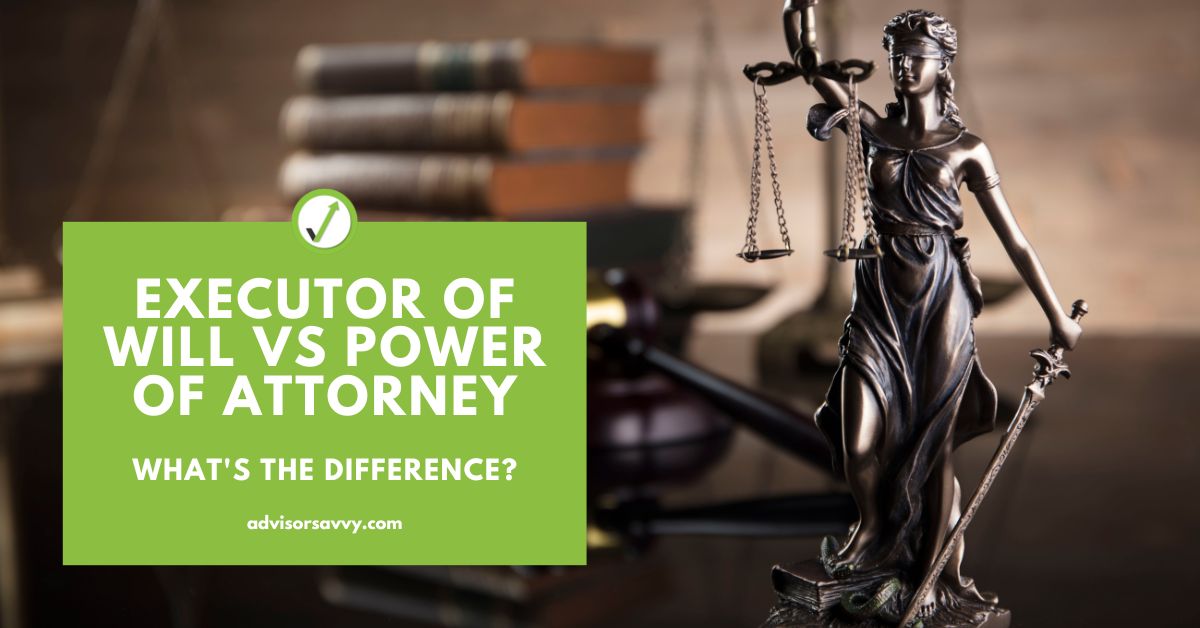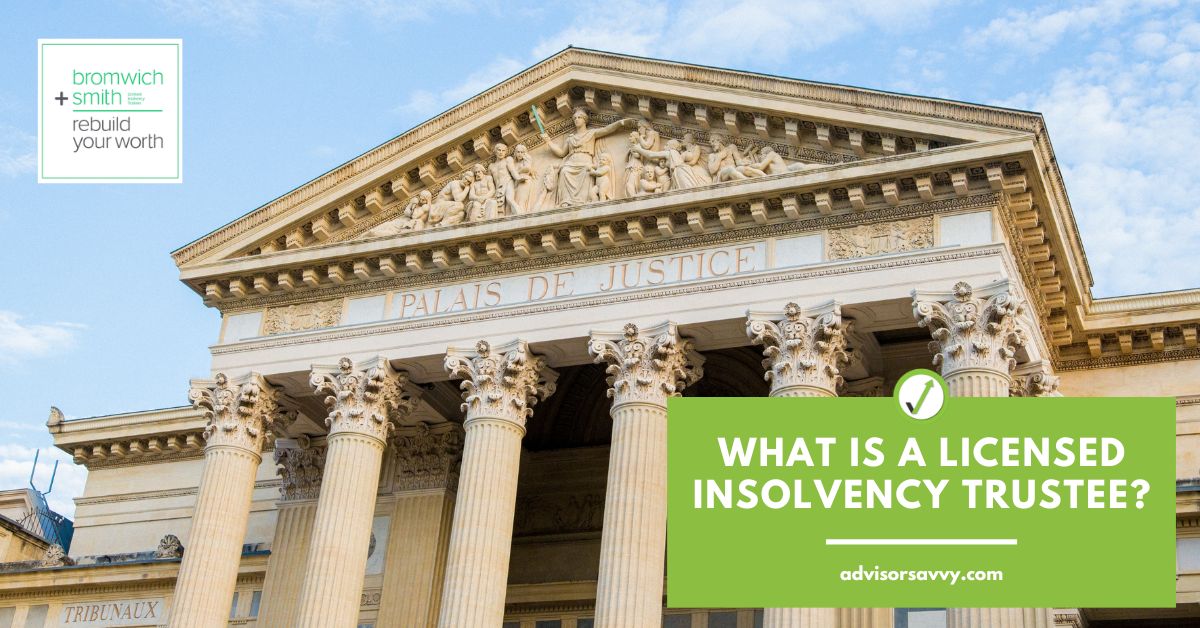What is the Canadian Prime Rate?
Economic policy makers determine the interest rate which banks charge each other to lend money. However, not many Canadians are aware of this information and how it trickles down to their finances. Although, the Canadian prime rate has an affect on the interest rate you pay on financial products too. So what is the Canadian prime rate and how does it affect you? Let’s look at a quick example to demonstrate why the Canadian prime rate is important. Say you took out a 5-year loan of $100,000 at a variable interest rate of 3.45% (2.45% prime rate + 1%). Your monthly payment would be $1,772.53. A few months later, the prime rate increases to 6.7%, so your new interest rate is 7.7%. Your monthly payment would increase to $2,013.31 — about a $250 increase which is substantial! You won’t know all this information if you are unaware of the current rates and how changes can impact your finances. Sound knowledge
Continue reading



















